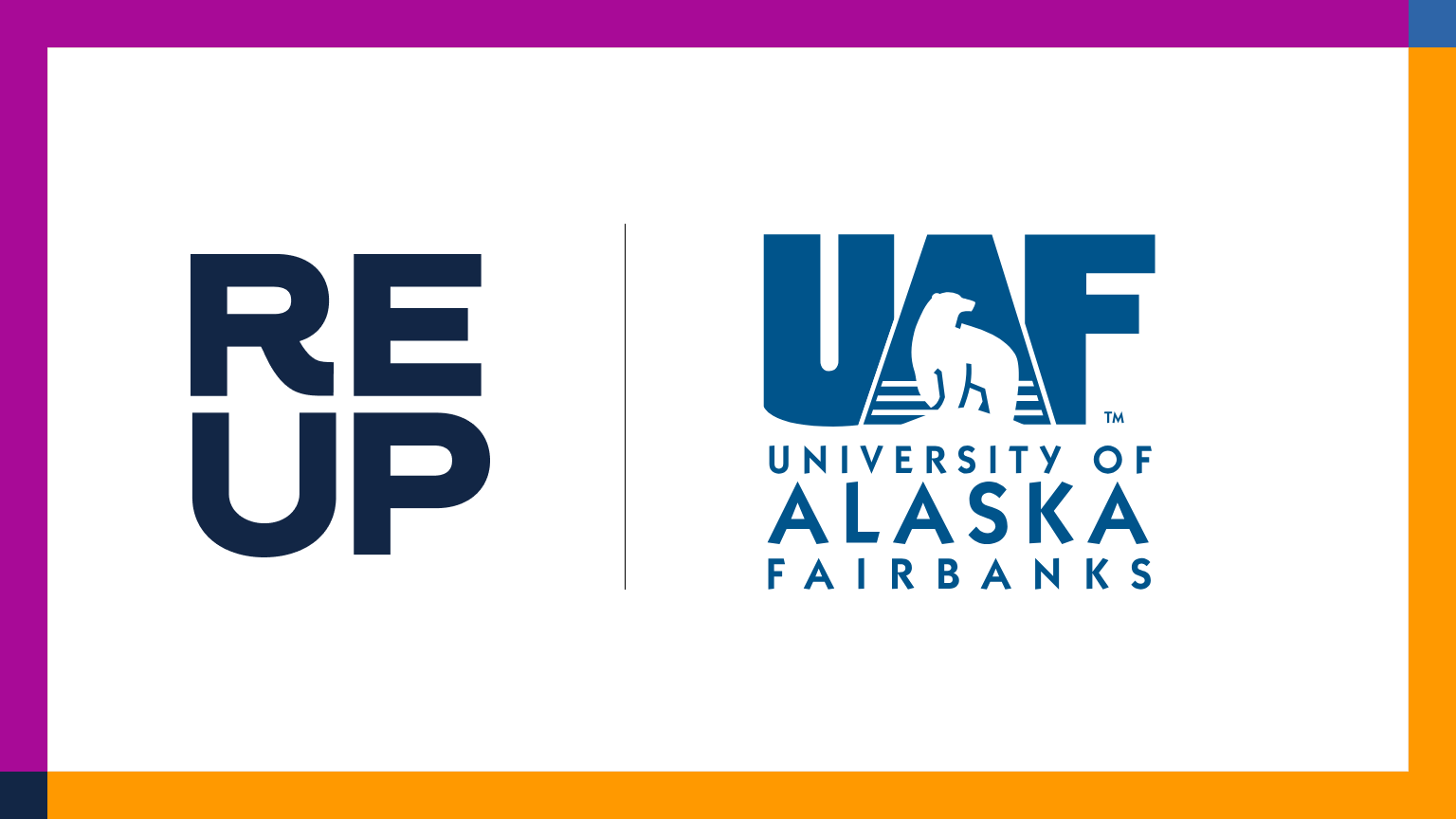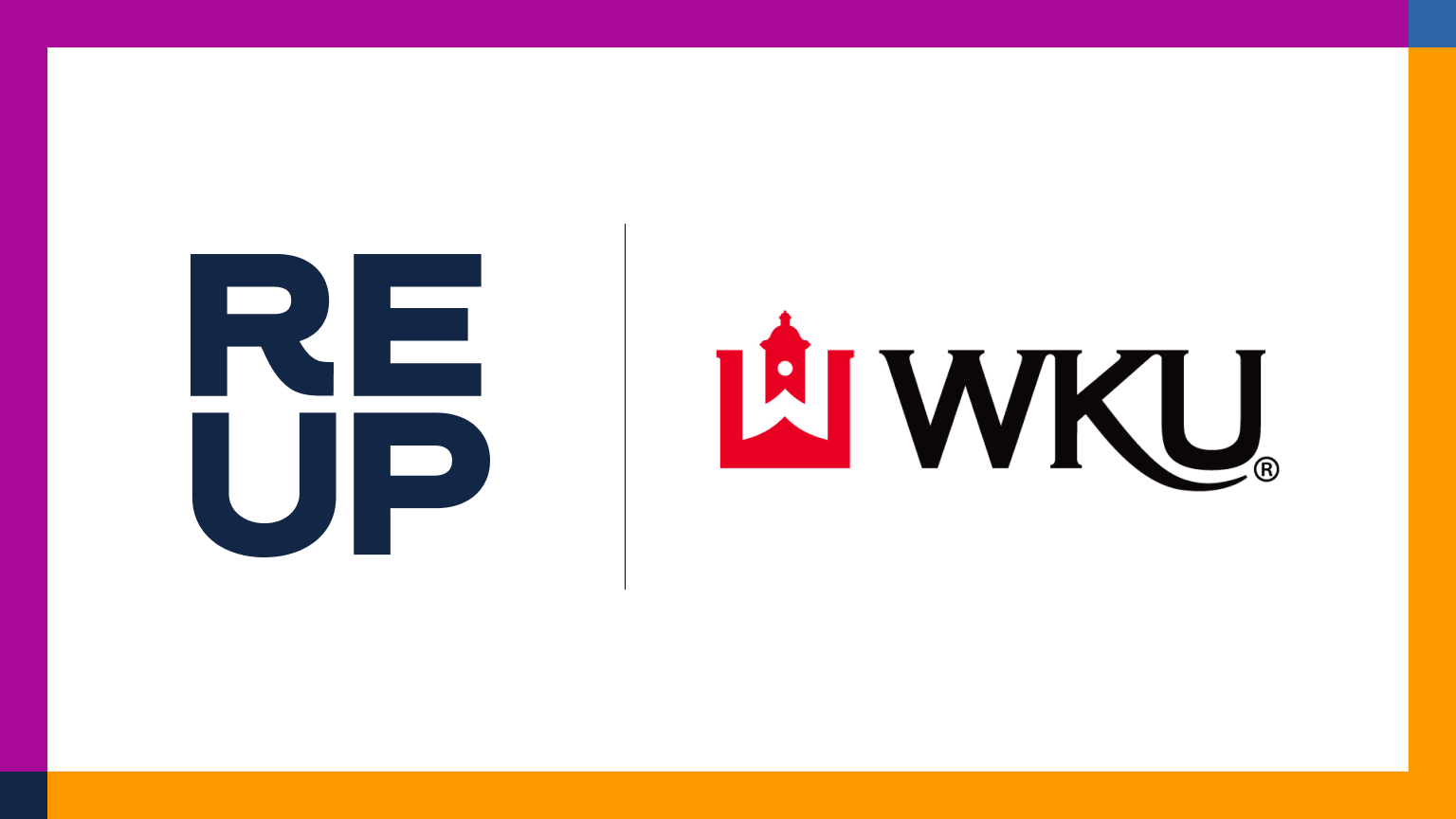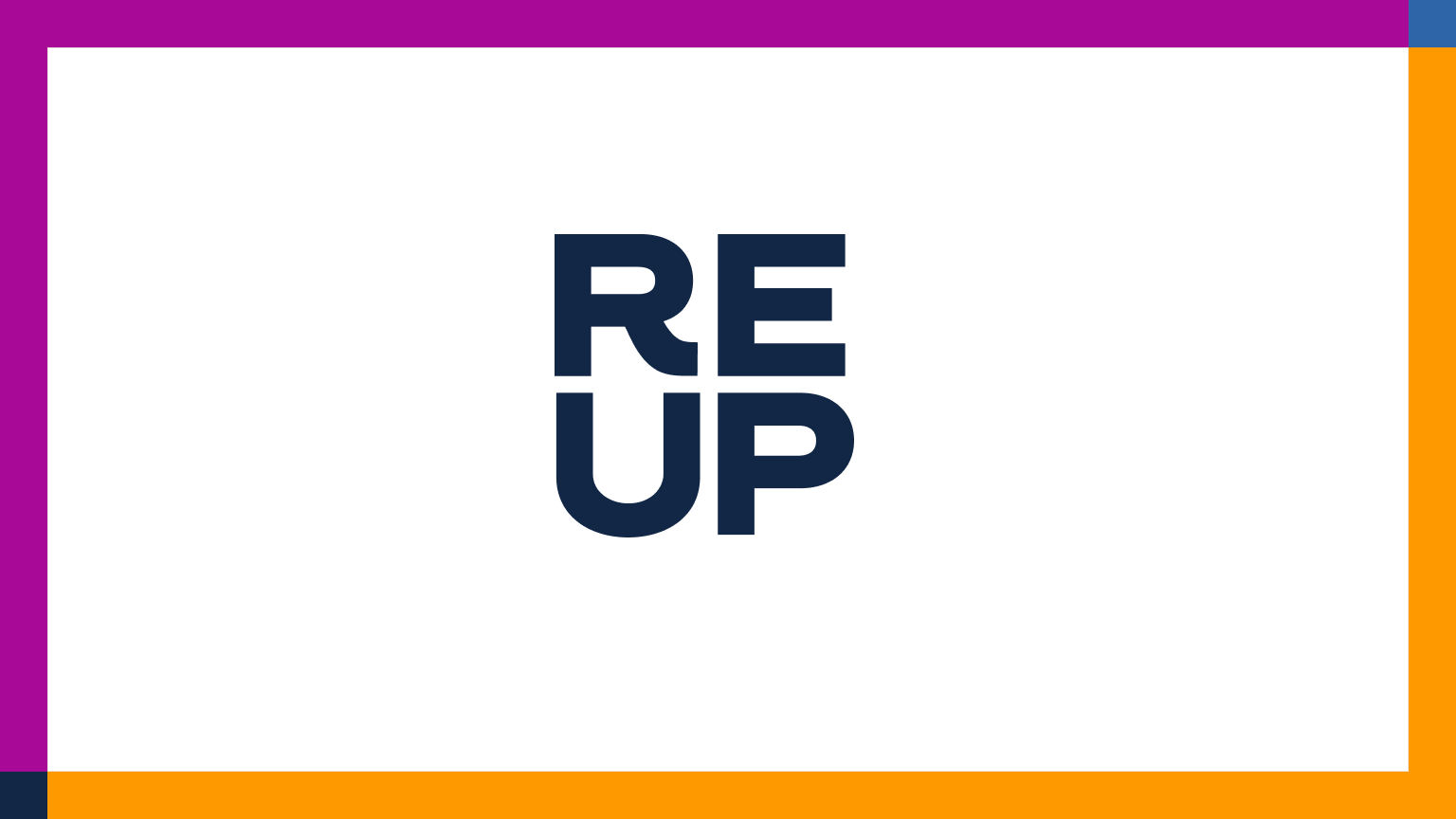One cold day in the winter of 2018 a group of coaches and data scientists got together to work on an intractable problem: how do you use data to augment human judgement and make coaching—to re-enter and complete college—more consistent? The experienced coaches worked for ReUp Education, a startup that helps colleges contact stopout students and coach them to degree completion. What they came up with was a way to use natural language processing to create personas that lead to personalized student support plans, helping coaches do their jobs better.
We know that a caring, knowledgeable coach can make a huge difference for students trying to graduate college. For first generation students navigating a complex academic experience, coaching is even more important. Students who have already stopped out once, with their busy lives, can be the most challenging of all to get through college. We know high quality coaching works, but there is not enough available. Providing enough coaches with the kind of experience and training that is needed to help stopped out students graduate can be difficult to do without reorganizing and expanding college counseling. And we know that politics and a lack of resources can make this difficult. A tool for coaches that allows them to provide support more consistently could help.
Through years of experience, the ReUp coaches knew that strong student relationships—with their families, employers, coaches, colleges, and themselves—where the most important thing for helping stopout students re-enroll and persist. The concept is simple enough. In fact, ReUp coaches have been using the concept of enabling or positive and inhibiting or negative relationships for a long time. ReUp coaches were trained to assess the strength of these relationships and to help make them as strong as possible.
But that wintry day in 2018, the company took it a step further. Instead of relying on human judgement alone, they started to test the idea that the positive or negative relationships a student has with their coach, college, family, and themselves can predict whether or not they will re-enroll and complete college. At the same time, they started to test the hypothesis that they could automate some of the judgement about the health of these relationships. Statistically significant evidence based on an analysis of interactions with 26,000 students, equating to 280,000 passages, found that the more enabling or positive relationships a student has in their lives the more likely they are to return to school. They also found that the more students talked to their coaches the more healthy their relationships tended to be.
At the same time, the natural language processing algorithm could accurately classify the health of a student’s relationships based on what she said to her coach. For instance, if a returning student wrote “I want to have another chance to finish my degree and further my career” and the algorithm identified this statement as indicating an enabling relationship to self and work. When someone said “I had maxed out my ability to take FAFSA loans and I am not willing to take out private loans,” the algorithm identified it as indicating an inhibiting relationship with money. With enough statements, compared to human judgement, the computer could accurately identify what relationships the student could rely on and where they might need help building stronger relationships.
Using these dynamic assessments, ReUp created a profile for every potentially returning student that showed where their relationships were strong and where they could use strengthening. This provided coaches with a guide on where to focus their efforts every time they connect with a returning student and makes all coaching higher quality. This system allows a coach to have one, easy to understand location with all of the assessment of how the student is doing rather than paging through notes.
We know coaching is important to student success and we know that it needs to be consistently high quality. This type of technology has the potential to scale high quality coaching to a larger number of students.
Interested in staying up to date on education and workforce policy? Subscribe to our newsletter to receive updates on the latest from our experts.
College. For four consecutive years, ESU is the only public university in Kansas to have earned national recognition as a College of Distinction, an honor for universities that demonstrate innovative application of high-impact education. In addition, U.S. News and World Report data shows ESU students have the lowest student debt of all Kansas public universities. U.S. News also cited ESU’s School of Business as a best value for both in-state and out-of-state students and ranked the online graduate education program in the Top 100 programs in the nation.
About ReUp Education
ReUp supports students who have taken a break from school, and often face a myriad of challenges – financial, social, and academic – that keep them from finishing. The ReUp team works to clear the path for students to go back to school, complete their remaining credits, and graduate. ReUp is the expert in understanding, engaging, and re-enrolling stop out students. Through its unique blend of data, technology, and specialized coaching, ReUp has engaged more than 370,000 stop out students across a wide range of universities and helped re-enroll over 14,000 students.



